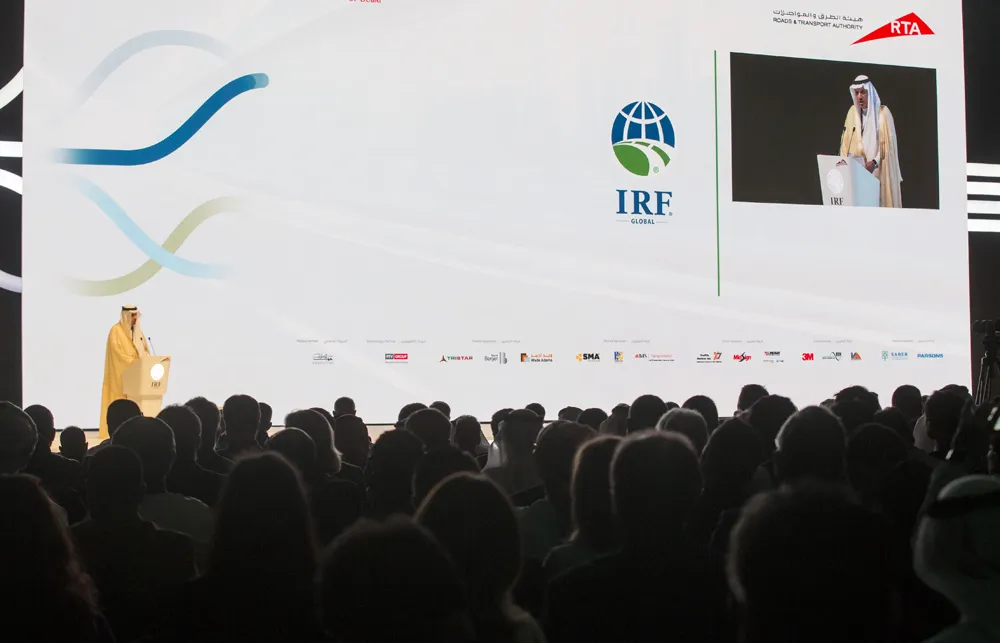IRF BPC bringing GNSS-based road pricing a step closer to maturity. Today, road transport faces major challenges such as the ever-increasing need for safety, as well as for reduced congestion and pollution. These problems are particularly critical in highly populated zones, notably big cities and their surrounding areas. Different schemes are being proposed to improve the situation, including road pricing systems to automatically charge drivers for their use of road infrastructures.
April 12, 2012
Read time: 3 mins
Today, road transport faces major challenges such as the ever-increasing need for safety, as well as for reduced congestion and pollution. These problems are particularly critical in highly populated zones, notably big cities and their surrounding areas.
Different schemes are being proposed to improve the situation, including road pricing systems to automatically charge drivers for their use of road infrastructures.
The booming use of Personal Navigation Devices (PND) opens new and challenging opportunities for the implementation of innovative satellite-based applications beyond basic navigational functions. Apart from road pricing systems, these include other promising applications such as Pay-As-You-Drive (PAYD) schemes for the insurance sector and leasing companies and the like, as well as Value Added Services (VAS) such as local mobility information.
Nevertheless, there are still several obstacles to larger scale uptake of such extended services based on Global Navigation Satellite System (GNSS) technologies. For example, the technical and economical feasibility of large scale road pricing based on GNSS only is not yet proven. Likewise, the practicalities of using the same on-board equipment for different applications have to be established.
Given the high potential of key applications, the GINA (GNSS for INnovative road Applications) project, co-funded by the
Over the next 24 months, the 12 project partners, coordinated by the Spanish company GMV, will conduct analysis to demonstrate that the adoption of the European GNSS (currently EGNOS, and Galileo from 2013) for road pricing and VAS is both technically and commercially feasible.
Following an in-depth analysis of real end user requirements, GINA will initiate the implementation of a nation-wide demonstration in the Netherlands. In the second stage of this project, 100 cars equipped with dedicated equipment will circulate on the Dutch road network for a period of six months. By the end of the project, new business opportunities should be clearly defined for the road sector.
The future looks very promising for the installation of GNSS applications in both urban areas and at national level. Hopefully, GINA will trigger wider interest in adopting the GNSS approach from EU cities and countries.









